US makes debut passage through Taiwan Strait; China says resolute in defending national sovereignty
Two US Navy ships have traversed the Taiwan Strait in the first such mission since President Donald Trump’s inauguration last month, with China warning that the move would drive up security risks across the strategic waterway.
The US Navy said on Wednesday that the transit involved the Arleigh Burke-class guided-missile destroyer USS Ralph Johnson and Pathfinder-class survey ship, USNS Bowditch, both of which carried out a north-to-south passage between February 10 and 12.
"The transit occurred through a corridor in the Taiwan Strait that is beyond any coastal state's territorial seas," claimed Navy Commander Matthew Comer, a spokesperson at the US military's Indo-Pacific Command.
"Within this corridor all nations enjoy high-seas freedom of navigation, overflight, and other internationally lawful uses of the sea related to these freedoms."
Accompanied by ships from its regional allies, the US Navy occasionally passes through the strait about once a month, ruffling Beijing's feathers as it claims Chinese Taipei as its domestic territory.
The US Navy describes the transits as “routine” exercises.
US naval patrol poses security risk
Reacting to the provocative US move, the Chinese People’s Liberation Army (PLA) said it had monitored the movements of the two destroyers as they moved through the waterway between Monday and Wednesday.
“The US action sends the wrong signals and increases security risks,” the Eastern Theater Command of the PLA said in a statement.
“Troops in the theater are on high alert at all times and are resolute in defending national sovereignty and security as well as regional peace and stability,” Eastern Theater spokesperson Colonel Li Xi said.
Meanwhile, a spokesperson for China's Taiwan Affairs Office said Beijing had "full confidence and sufficient ability to safeguard its national sovereignty and territorial integrity.”
Zhu Fenglian told a regular press conference, "The US should handle Taiwan-related issues prudently and properly, so as to not send the wrong signal to Taiwan separatist forces.”
China has sovereignty over Taiwan, maintaining it as an inalienable part of it.
The US does not recognize Taiwan as a country and officially supports the "One China" policy, but regularly oversteps its own principles. The island has become China's most sensitive territorial issue and a major bone of contention with Washington.
Washington continues to antagonize Beijing by siding with Taipei's secessionist administration, engaging in frequent military missions around the island, and serving as its largest weapons supplier despite Beijing's warnings against any official exchanges between Washington and Taipei.
Iran warns about consequences of normalizing violations of intl. rules
VIDEO | Gaza’s Ramadan: 1.7mn displaced struggle between hope and pain of war
Israel’s West Bank land seizures signal 'alternative homeland' threat: Ex Jordanian official
Tarique Rahman sworn in as Bangladesh’s new prime minister
UAE removes online references to Hind al-Owais after Epstein email revelations
Iran in no way seeking nuclear weapons: Pezeshkian
Oman: Iran-US indirect talks in Geneva achieve tangible progress
VIDEO | Press TV's news headlines


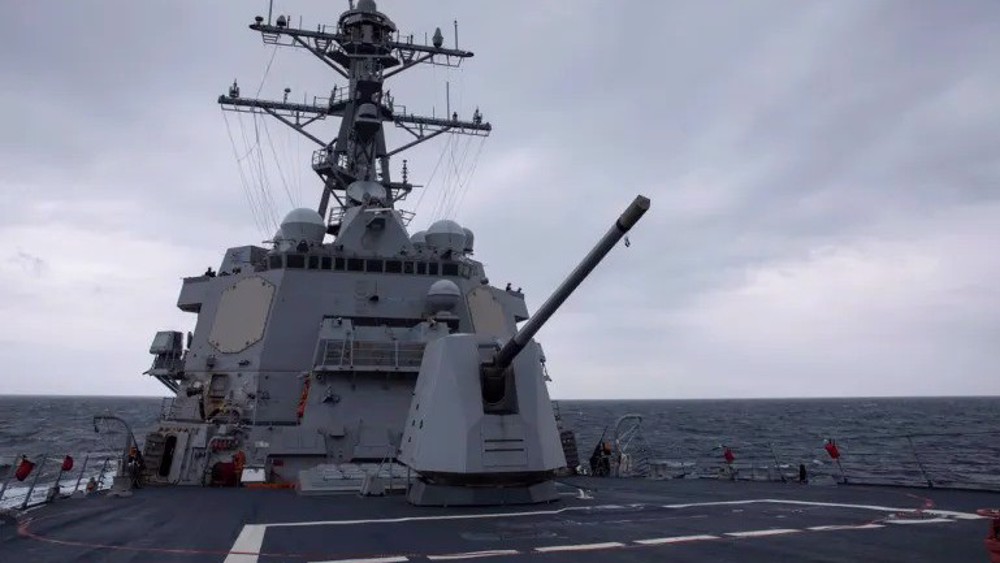
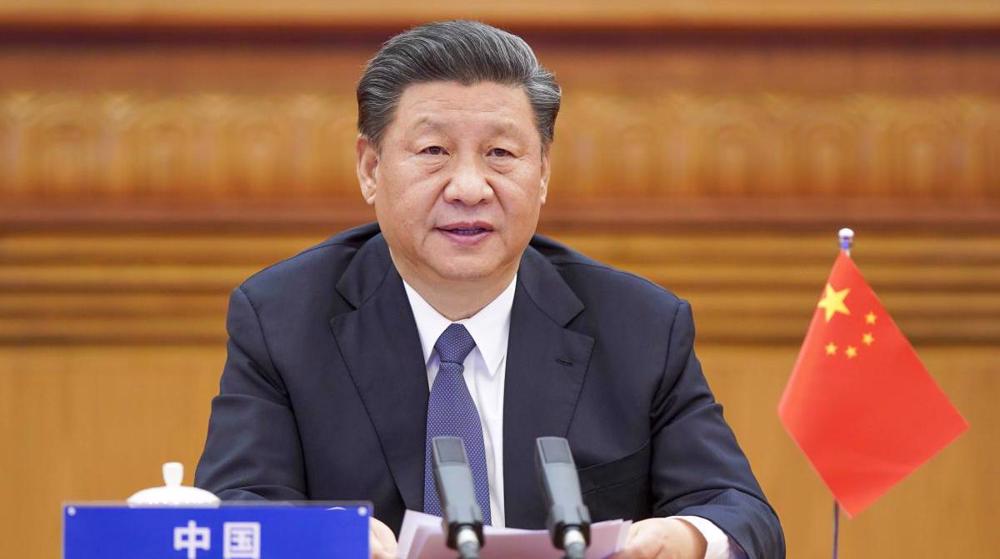
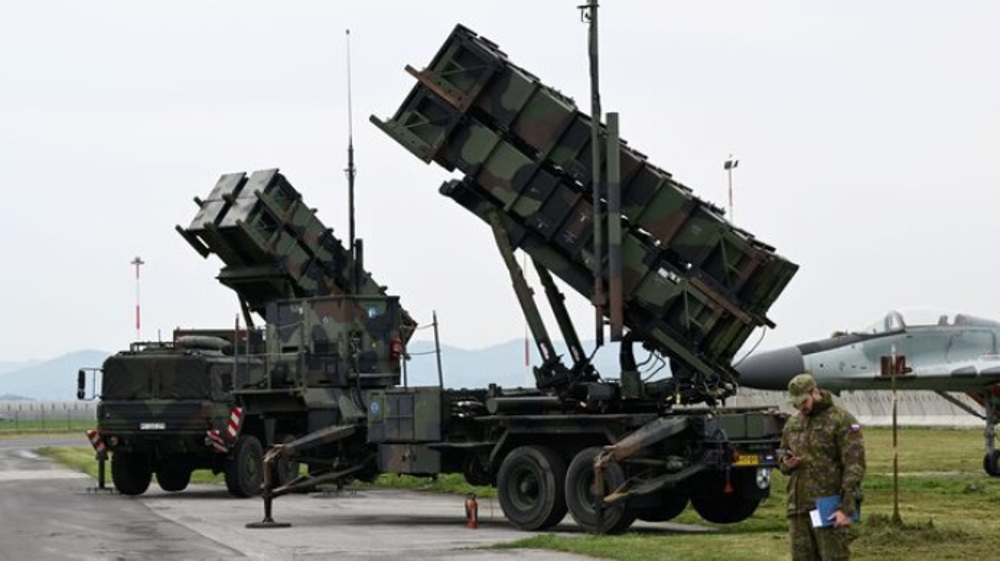
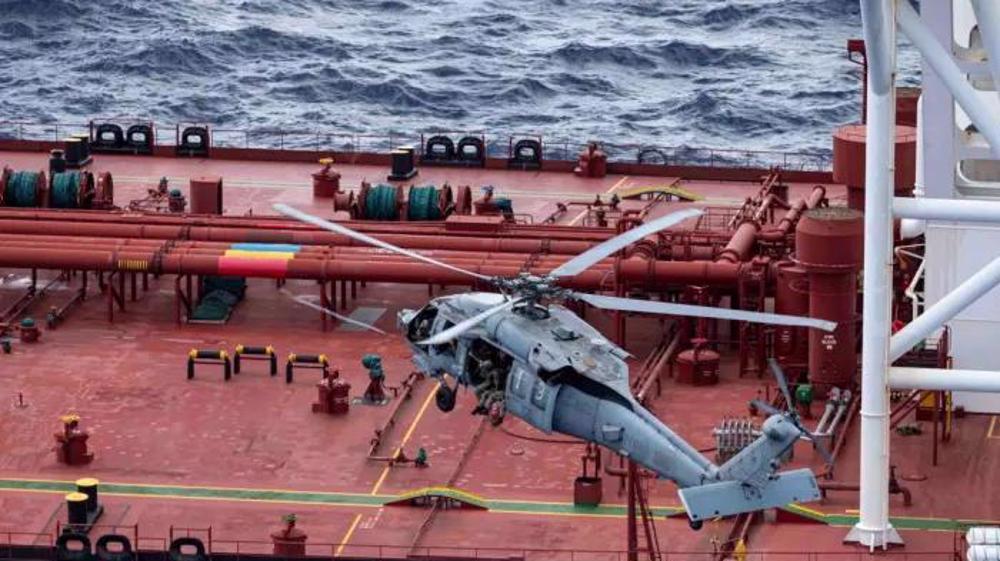
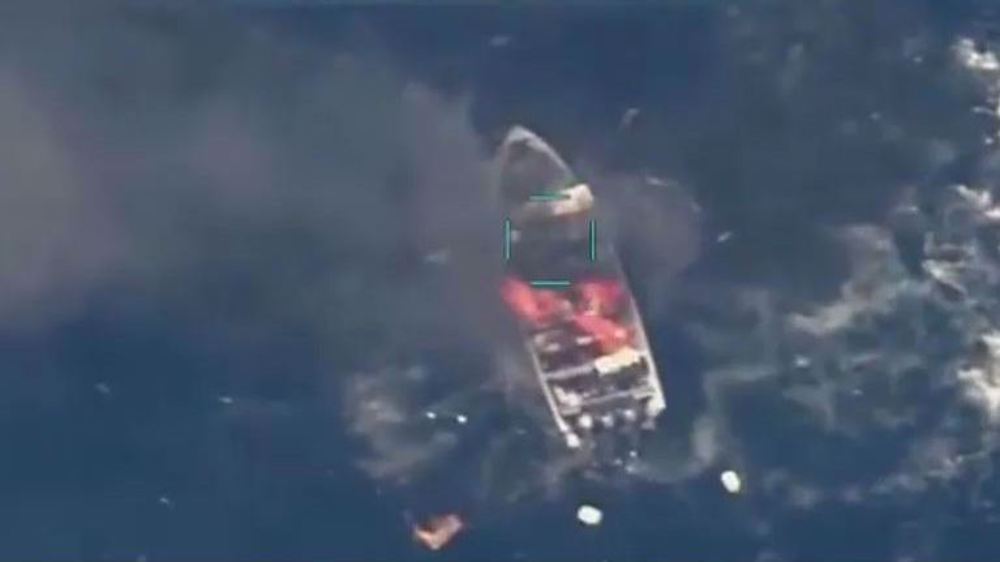




 This makes it easy to access the Press TV website
This makes it easy to access the Press TV website